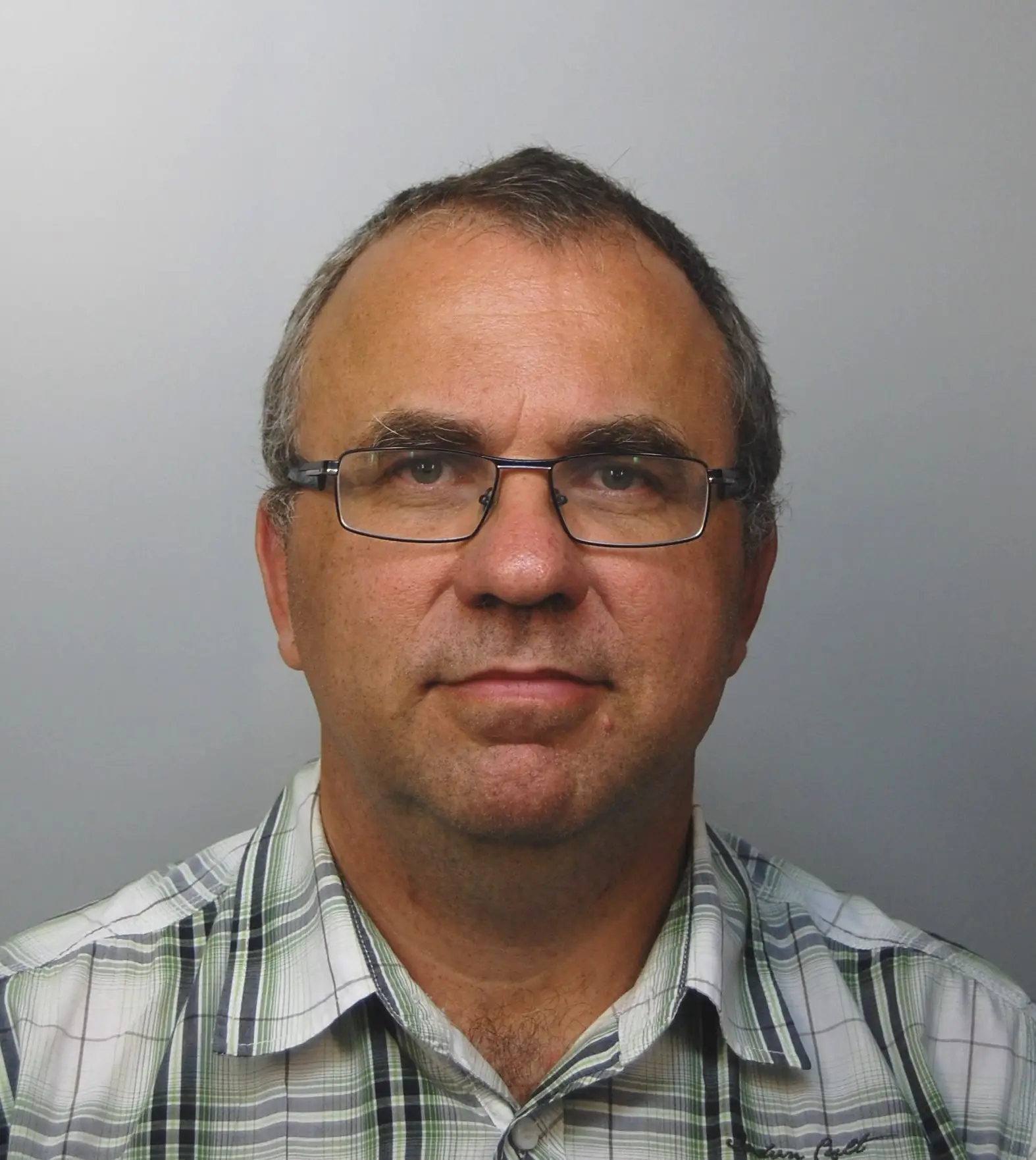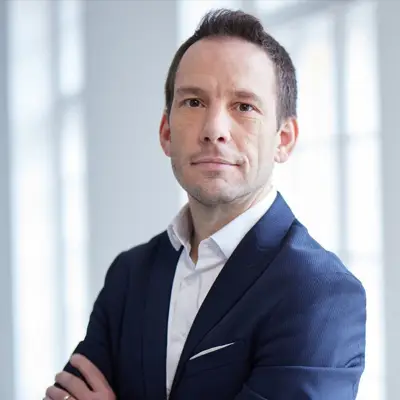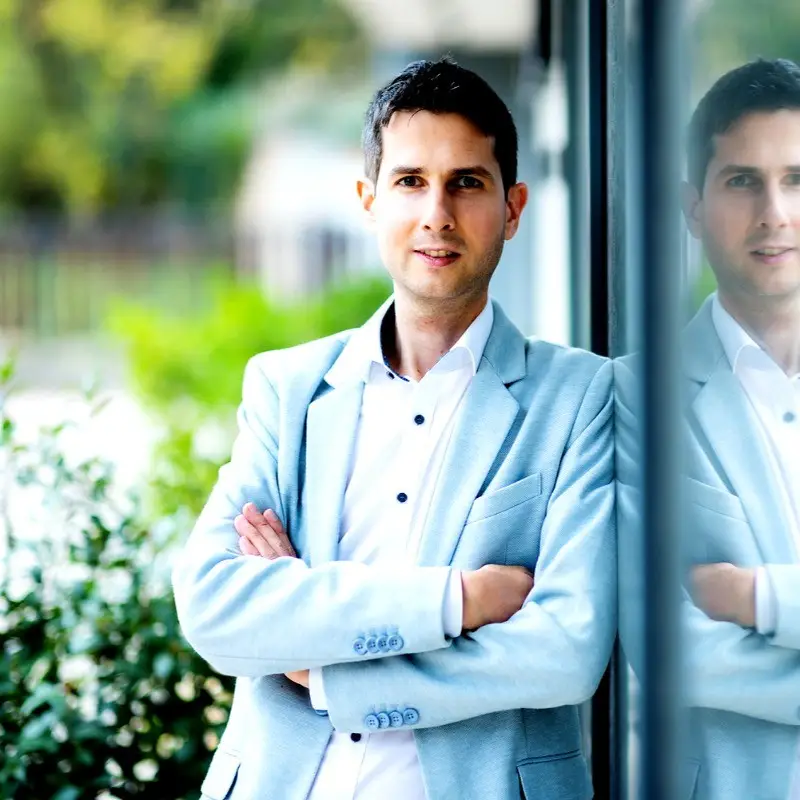
Digital Sustainability Conference
2024.11.22. - Friday
09:00 - The digital world is not another planet

Lecturer:
György Huszics
Co-founder
Carbon.Crane
The digital world is not another planet
The digital world also has a carbon footprint. How big are these emissions? How can it be measured and reduced? What can we do today to minimise the increase caused by intensive digitalisation?
09:15 - How to green Hungary's energy mix

Lecturer:
Viktor Horváth
Deputy State Secretary for Energy Transition
Department of Energy
How will Hungary's energy mix be greener?
What is the current state of Hungary’s energy mix and what are the government’s plans to change it? How and by when do we want to achieve a greener energy transition?
10:00 - The energy aspect of sustainability - how, what and how green?

Lecturer:
Tamás Rajnai
Head of Unit, Sustainability and ESG
E.ON
The energy aspect of sustainability - how, what and how green?
The presentation will discuss the energy trilemma and look across the value chain at the role and challenges of power plants, distribution networks and traders in helping customers reduce their emissions with green energy.
10:30 - 10:50 Coffee break
10:50 - Sustainability in digital finance

Lecturer:
Norbert Holczinger
Head of Division, Sustainable Finance Department
Hungarian National Bank
Sustainability in digital finance
How does the MNB’s internationally benchmarked programme on financial sector sustainability think and where do you see a place for digitisation solutions?
11:20 - Greening the energy portfolio - K&H Bank case study

Lecturer:
Suba Levente
Sustainability Manager
K&H Bank
Greening the energy portfolio
What steps is K&H Bank taking to ensure that its energy financing is aligned with the goals of the Paris Climate Agreement? How are climate considerations taken into account in financing decisions?
11:40 - Digital carbon footprint of the ICT sector

Lecturer:
Dr. István Derka
Technology Analysis Department
National Media and Communications Authority
Digital carbon footprint of the ICT sector
The energy demand and carbon footprint of the ICT sector’s traditional distribution of content through electronic channels is increasing. How does the regulator see this and its future situation?
12:10 - Real-time control of the digital carbon footprint

Lecturer:
Gergely Tóth-Császár
ESG leader
Ringier Hungary
Real-time control of the digital carbon footprint
The pace of news production also requires the associated digital carbon footprint to be managed in real time. How can this be achieved through digital carbon footprint monitoring, which allows for both prevention and ex-post analysis? Case study.
12:30 - Green enough? Does digital greenwashing exist?

Lecturer:
Berezvai Zombor
Bureau of Competition Economics and Market Research Head
Office of Economic Competition
Green enough? Does digital greenwashing exist?
A market analysis published by the Competition and Markets Authority in early 2024 shows that around 40 percent of green claims at EU level are not sufficiently substantiated. What should technology companies look for when communicating sustainability? Does the recent GVH analysis on AI raise environmental concerns? What are the trends and experiences in this area?



